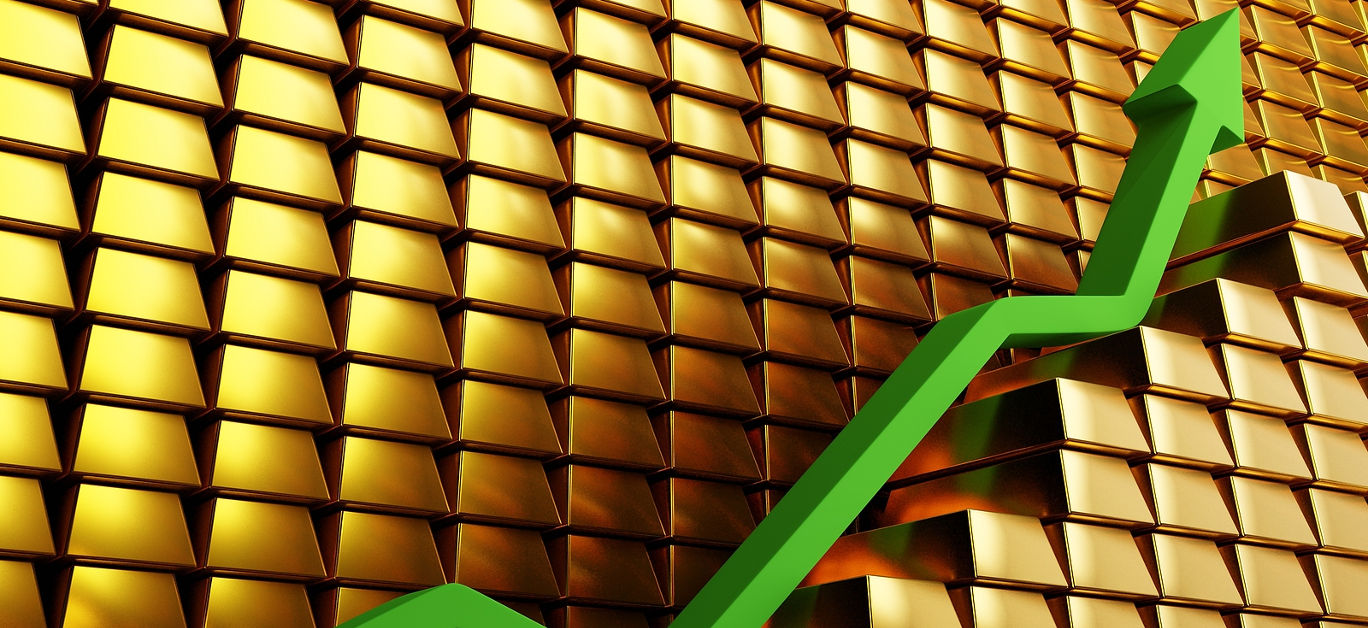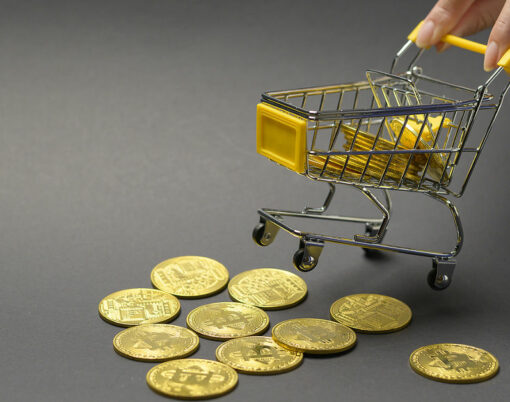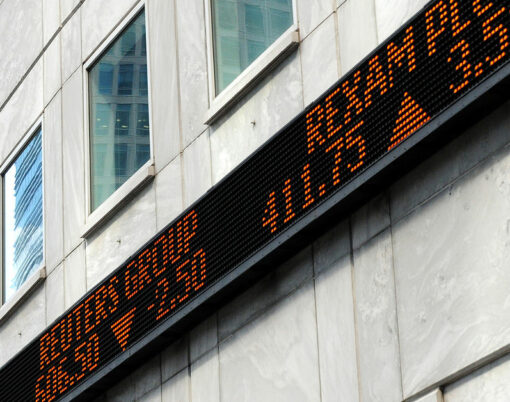The past few years have seen some turbulent times for investors, with the cryptocurrency market marred by its characteristic volatility in the face of ongoing economic and geopolitical factors, and a wider stock market downturn, too.
As a result, we’ve seen investors scrambling to find new ways to boost their portfolios and increase their returns, and the commodities sector has been their first port of call. With surging gas and oil prices, commodities now offer a golden opportunity not just to diversify but to potentially enjoy some sizeable gains later on, too. Plus, with inflation reaching its highest level in 40 years, the opportunity to make back above-inflation returns has become an increasingly attractive prospect.
It’s perhaps unsurprising that commodities trading platforms like Oil Profit are enjoying an uptick in the number of new sign-ups of late as more of us turn our attentions to this type of asset, and with the latest signalling technology and automation, it’s becoming easier for even complete amateurs to get started on their commodities trading journeys.
Here, we take a look at the basics you need to know if you’re one of them, to set you off on the road to potential success.
What exactly are commodities, anyway?
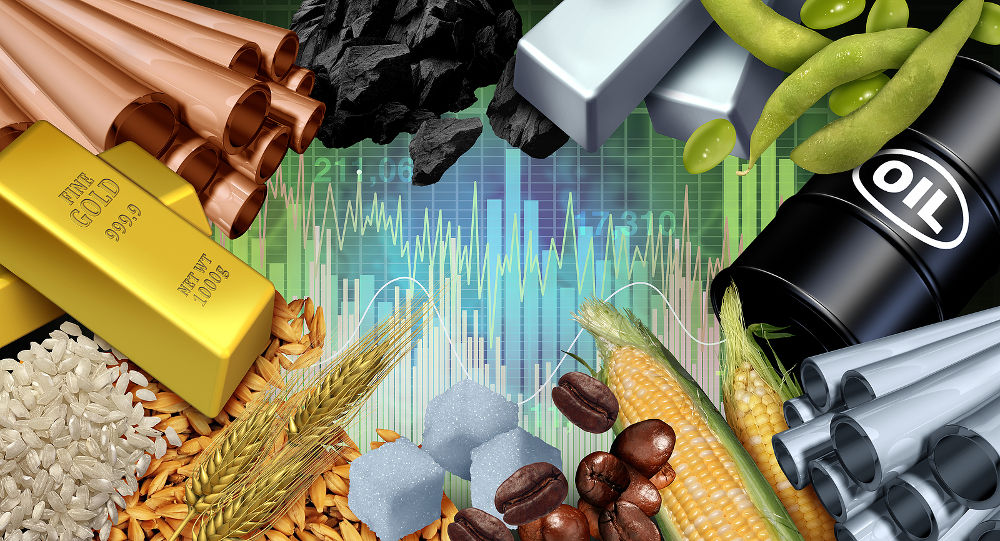
If it’s mined, grown, reared or processed, then the chances are that it’s a commodity. These natural resources and agricultural products are considered relatively stable investments because they will always be in high demand – with examples including ‘soft’ commodities such as coffee and meat, and ‘hard’ commodities like coal, oil and gas. The difference between hard and soft is how they are obtained – the former being grown or reared, and the latter mined or extracted.
Although commodities are always in demand, the level still fluctuates, and when supply is lower than usual, the price will increase. A good example of this is the price of oil and gas, which surged dramatically after sanctions were placed on Russia following its invasion of Ukraine and oil and gas supplies to the UK were threatened. While the average person at home found their utility bills becoming increasingly expensive, behind the scenes, investors were leveraging this spike in demand to make some substantial financial gains.
How does commodity trading work?
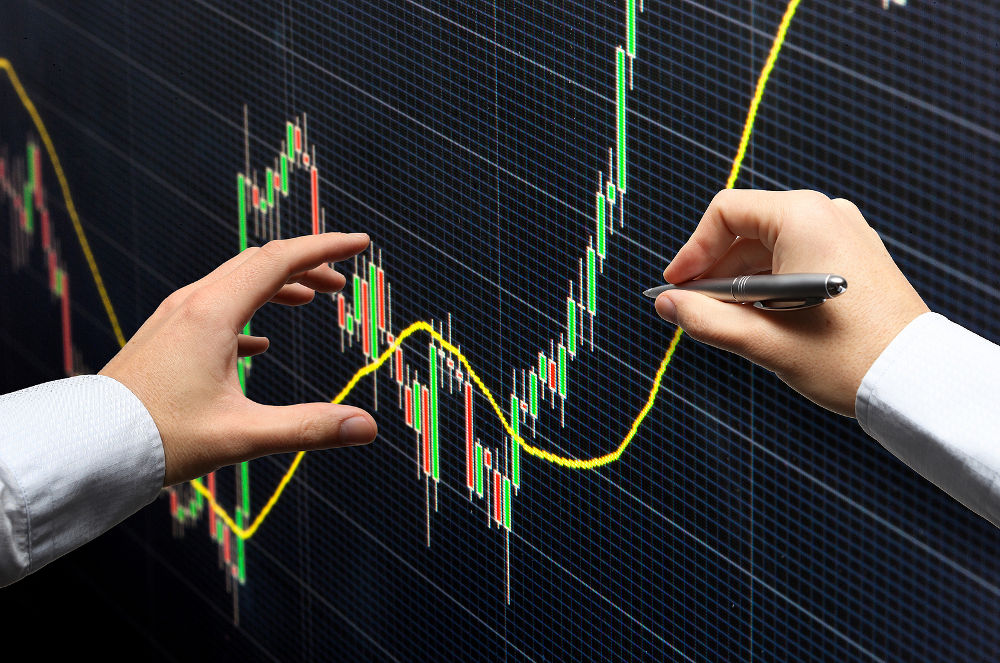
A wide range of commodities can be traded on exchanges like the London Metal Exchange or NASDAQ Commodities – there are many different exchanges across the globe. Rather than trading physical commodities – although this is also possible – most investors trade in financial contracts, like futures, in which they bet on future values with an obligation to then sell on a fixed expiry date.
If they believe that the price of a commodity will rise, they will buy the relevant futures in a move that is known as ‘going long’, while if they believe the price is likely to tumble, then they’ll sell up. Whatever the price happens to be on the original futures expiry date will determine whether an investor wins or loses. If the price of a commodity has risen, then on this date, an investor will close out their position and receive the difference between the price they bought it at and the current price in cash. If the price has fallen, they will instead make a net loss, although many traders will see this coming and close out their position ahead of the expiry date to mitigate the loss as much as possible.
To trade in futures, you’ll need to register with a trading platform that either specialised in commodities or offers them as part of its wider catalogue of assets. With such a vast number of commodities exchanges out there, it’s possible to trade commodities 24 hours a day, but this is not necessary to start seeing some success.
Is it worth trading in commodities?
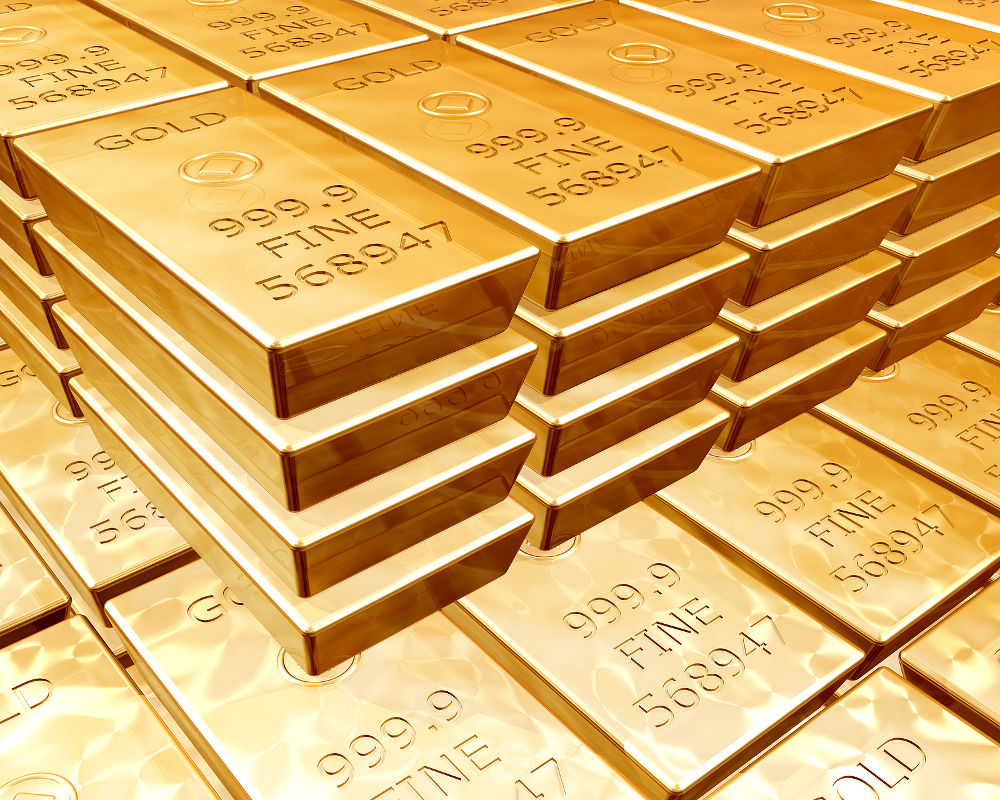
For many, investing in commodities offers an attractive opportunity to hedge against inflation, which is of course, even more appealing in the current climate. It’s also a great way to diversify your portfolio across different assets and they can offer safety during times of economic instability when compared with more volatile assets like cryptocurrency.
Even so, commodities can themselves be volatile and so it’s important to ensure you have the skill and experience needed to enter the market and spend plenty of time learning the ropes and making use of dummy accounts before getting started with the real thing. Be sure to avoid trading only in commodities, as this in itself can be a risk. They should make up only a small proportion of your portfolio, and you should be prepared to make some short term losses in your journey, too – so only start with money you can afford to lose.
Disclaimer: Investing money carries risk, do so at your own risk and we advise people to never invest more money than they can afford to lose and to seek professional advice before doing so.












